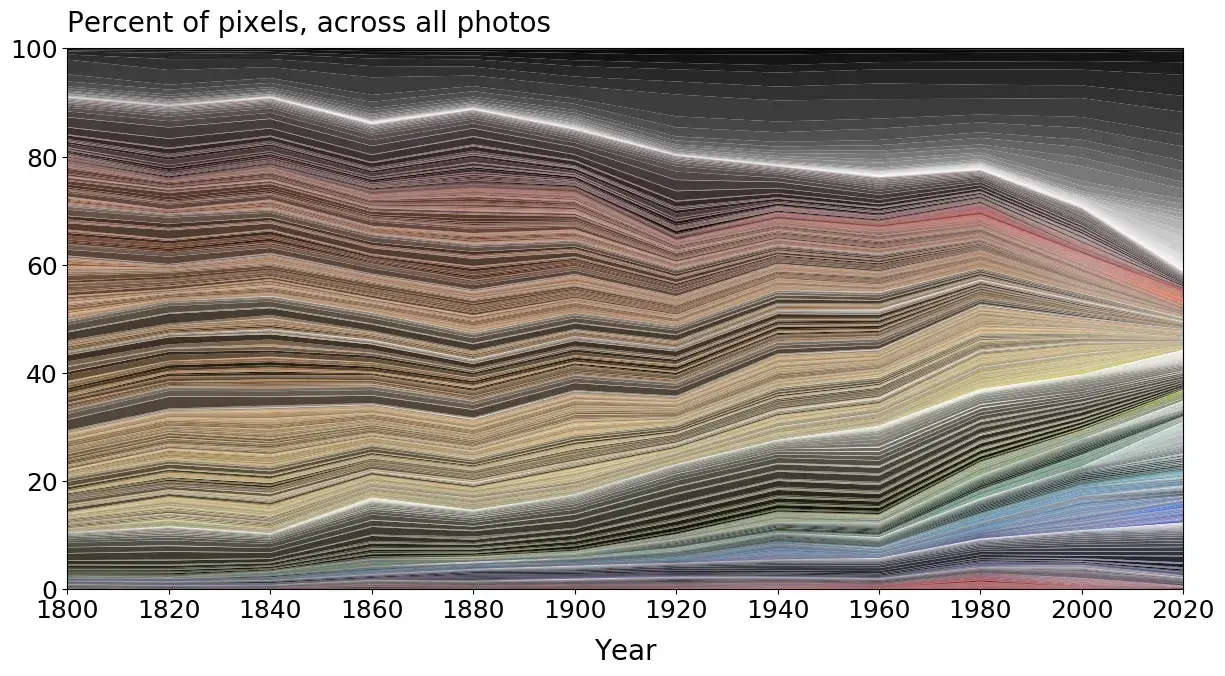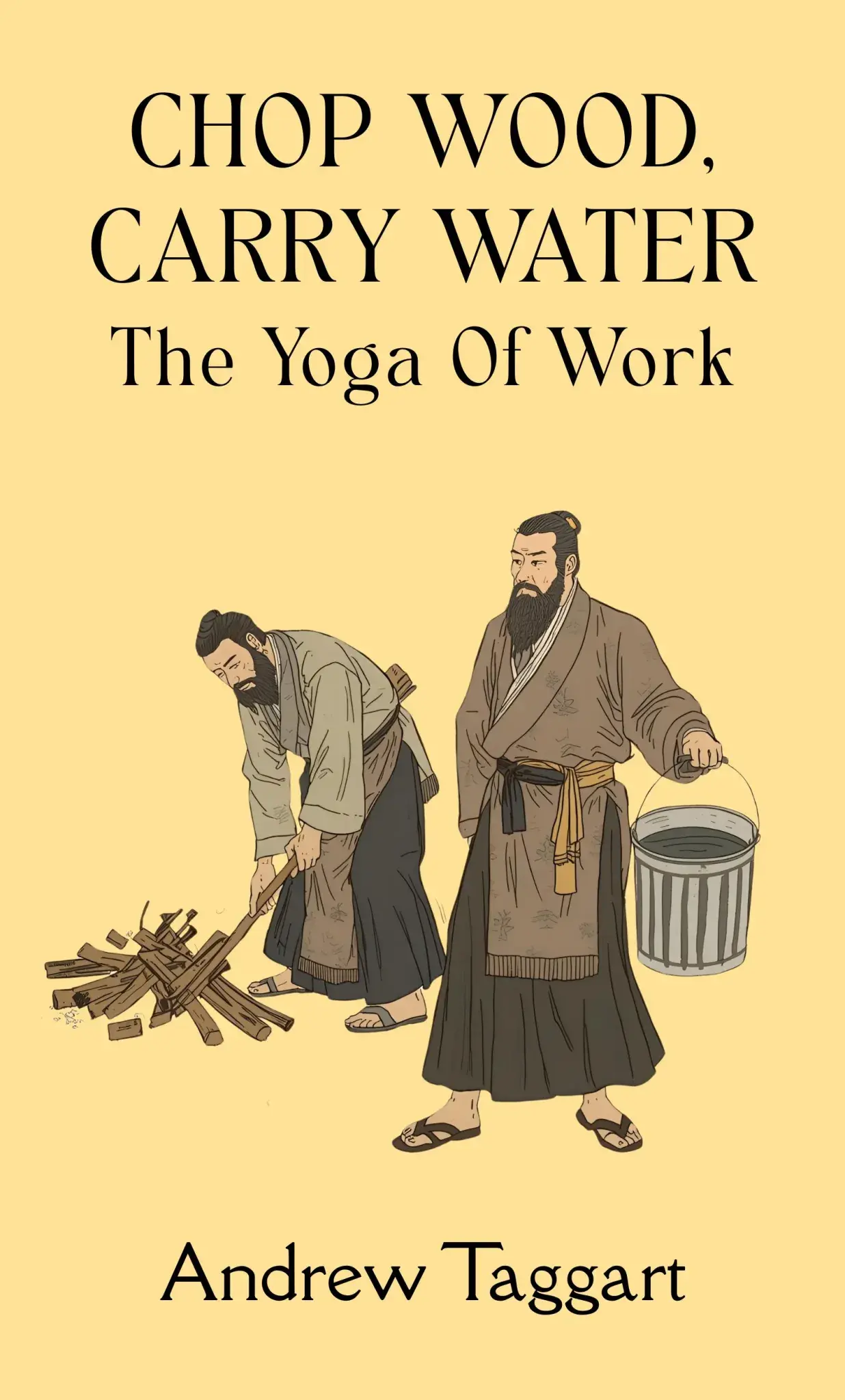I read and relate positively to a surprising proportion of Buddhist and specifically Zen literature. It's surprising because I practice (poorly) another of the world's great religions. I'm drawn in by the way in which the wise people from Zen Buddhism decisively sweep away the things that do not matter and incisively describe the things we all experience but don't often consider. As a wisdom tradition, they've got something to say. Their wisdom cuts neatly against our culture's endless affirmation of everything we think, feel, and say—they tell us to quiet the mind, notice and ignore our feelings, and, to be blunt, to stop. In an accelerating and frenetic pace of activities and considerations, the Zen title says, "don't just do something, sit there." Instead of telling us that our reactions are physical and important, the Buddha tells us our needs and wants hold us captive.







